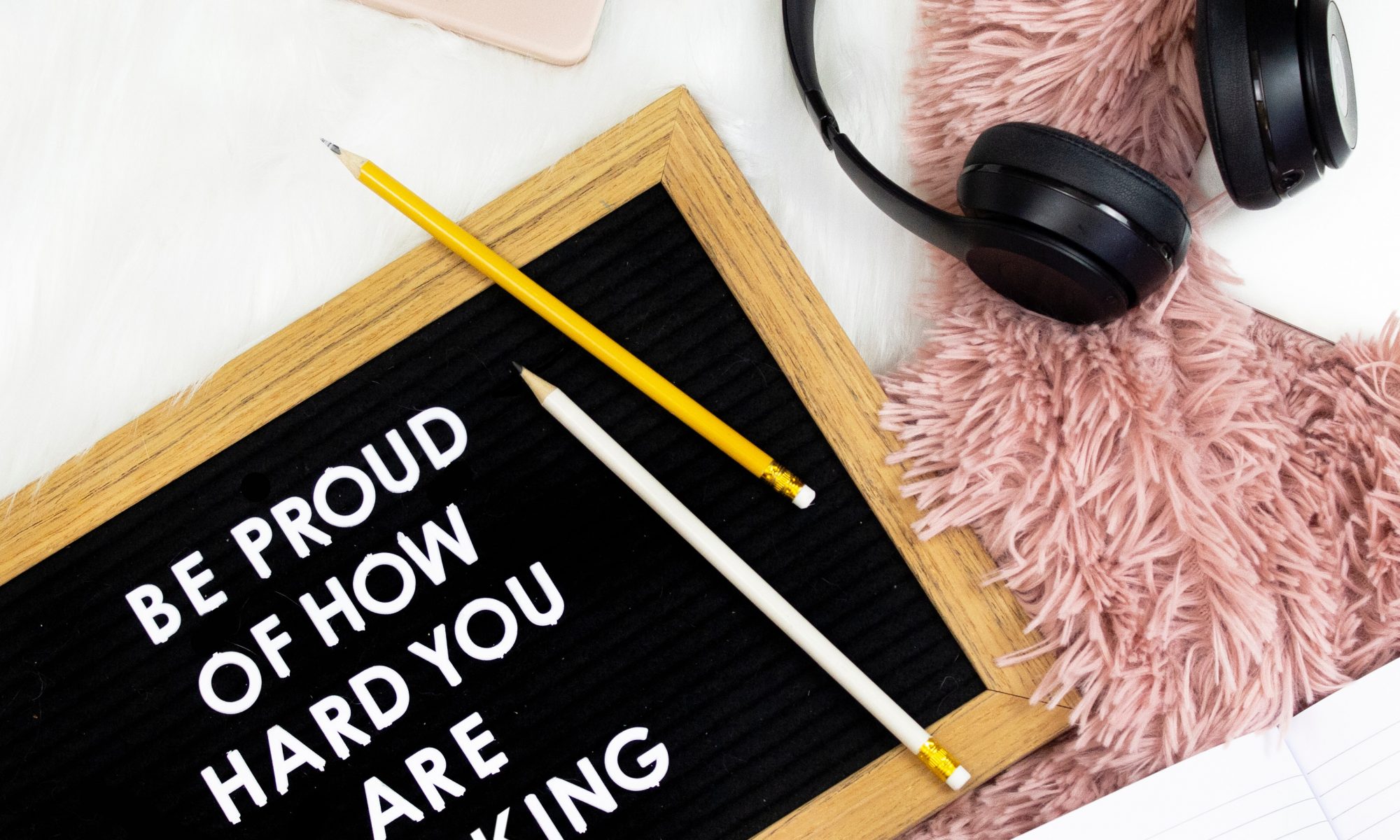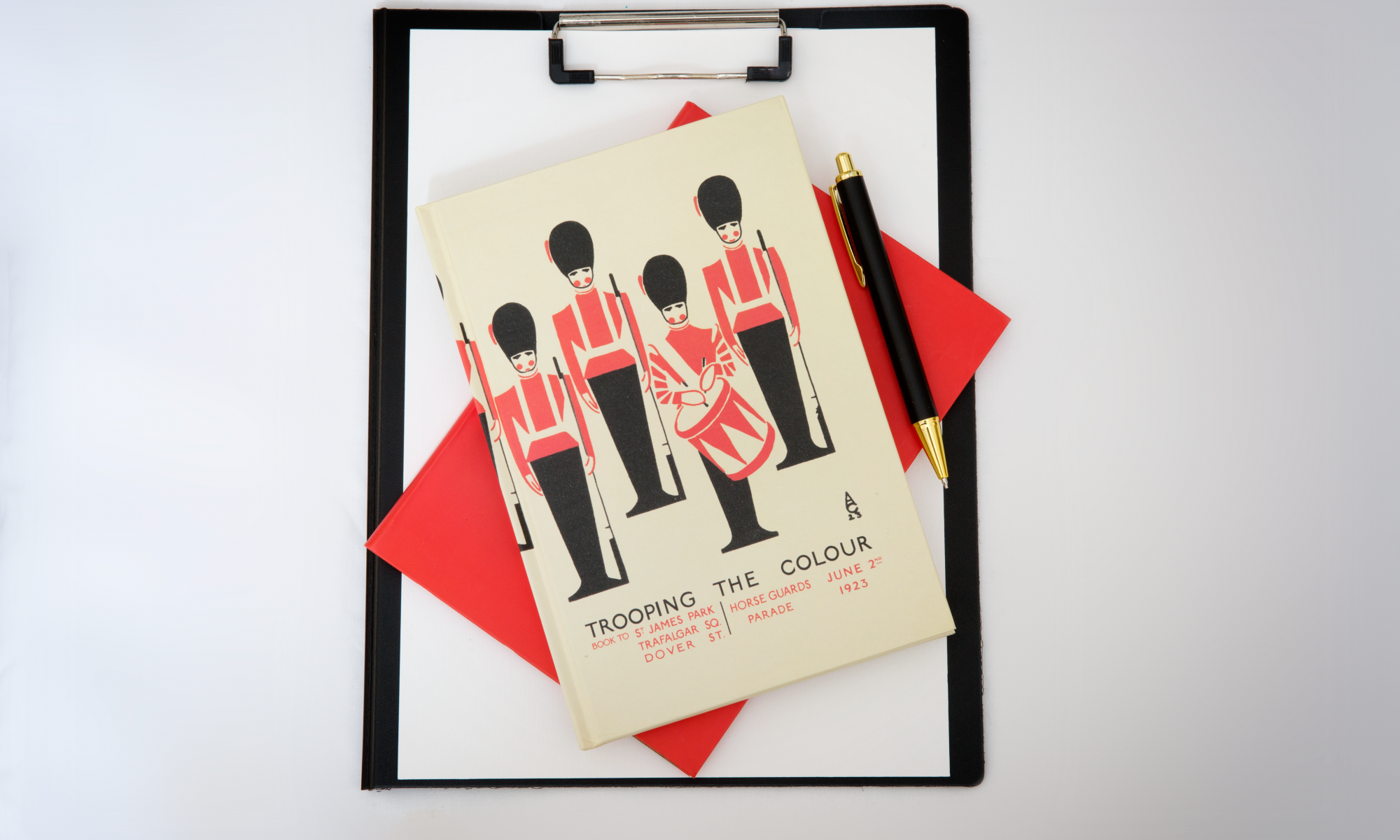You need to recognise the signs, get out of your own way and stop self-sabotaging your academic and professional writing.
Does this scenario sound familiar? You’ve got your #studygram worthy desk set up and a large, caffeine-serious drink. You’re writing an essay, political article, blog post or chunk of your dissertation.
What should be a pouring out of ideas and knowledge is more like an annoying dripping tap.
You stop. You look at your phone. You start.
You stop again and then decide what you’ve written is crap.
I’ve been writing as a student of politics and professionally for over twenty years.
I can tell you that self-sabotage is perfectly normal but it needs to be kept in check so you don’t get totally derailed and defeated.
I will share with you seven things you can do right now to tackle self-sabotage but first we need to go deep…. Ready?
In full disclosure, some of the links are Amazon affiliate links, which means at no cost to you I receive a small commission to put back into the site. I only ever recommend products I believe will be helpful to you.
Identify your Inner Critic. Give it a name and have a chat.
Sounds strange I know, but you need to know the cause of your self-sabotage.
The only way to do this is to acknowledge it’s there and what it truly is.
Although this blog title says ‘7 Ways to Stop Self-Sabotage’ in all honesty you will not stop you inner critic from popping up forever because, well, you’re human.
If you’re doing something that makes you emotionally vulnerable, say it has an uncertain outcome, then self-protection will kick in. It will do everything it can to stop us from doing it.
A favourite method for self-protection is to use the inner critic. Common reasons I hear all the time are:
• I’m not good enough
• I don’t know enough to write this now
• If I only had more time/the right set-up/one more book I could do it. If procrastination is the consequence of your inner critic try Anti-Procrastination Mindset: The Simple Art Of Finishing What You Start (paid link)
Or perhaps this is you?
• You’ve been putting things off because it’s a) hard b) compulsory or c) the best of a bad set of question choices
• You’ve chosen the wrong subject so what’s the point?
• You’re struggling with productive time management and distractions.
The trick is to acknowledge your inner critic, even give it a name, and learn not to listen and push on anyway.
If you acknowledge where the self-sabotage is coming from you can begin to address it and if you need some tough love I recommend Stop Doing That Sh*t: End Self-Sabotage and Demand Your Life Back from straight-talking Glaswegian Gary John Bishop.
But, be honest. If the issue is emotional don’t think getting a new desk lamp so you can write in an evening is the answer. You need to dig deeper for the truth.
“You Can’t Have Exhilaration Without Fear”
I love this saying.
Self-sabotage manifests itself into fear, anxiety and then procrastination.
It could be the fear of failure, the anxiety of possible rejection or the fear of people knowing how well or not you did?
But you can only succeed and do well if you do something. If you don’t write and submit your dissertation you fail anyway.
I spent the first year of university thinking I shouldn’t be there.
My A Level results were not great. I didn’t make the points I needed and it took two nerve-wracking days before they let me in.
Four years later I was stood on a stage in a cap and gown with a Masters Degree in Diplomacy.
I don’t say this to boast, just to say what’s possible. My inner critic popped up all the time (and still does) but I pushed through the fear and just did it anyway.
7 Top Tips to Stop Self-Sabotaging your Work
ONE. Be imaginative with your approach
You could create an outline first rather than feeling the pressure of the perfect opening paragraph. You could start on a section that really interests you, gain some confidence and move on.
TWO. Acknowledge where you are in your journey
Emulate don’t copy. You’re in the library surrounded by serious resources. But, do not measure yourself against these if you’ve just started out at A Level politics or history or at university. Yes, aspire to produce the best but you can polish later. These books, often co-written and traditionally published had a team of editors behind them not to mention the years of experience of the writer themselves – that’s why it’s a textbook on your recommended reading list! Don’t get intimidated because it’s say a ‘university essay’ – yes, research beforehand, but then just write what will be your original work.
THREE. Don’t be a perfectionist – Ignore the typos and just keep writing.
I know you’re on a noble quest to create perfectly constructed, slickly argued, pithy sentences. But, you’re never going to get your word count off single digits if the editing side of your brain challenges every turn of phrase. It will also block your creativity, the ability to get what you know out of your head, stop you being productive and allow time for your inner critic to surface. Don’t lose that spectacular argument or feeling that it’s all coming together because you had the wrong ‘their’ or ‘your’ and just had to go back and correct it. If you’re really struggling with this one try dictation.
FOUR. You can’t edit a blank page
Ok, this is clichéd. But, you need to give yourself the mental freedom to write crap. You can rework crap, you can learn from crap, you can scrap crap because it will always be crap but a) you might just having something b) you don’t know it’ll be crap unless you write it.
FIVE. Don’t hide behind research
Recognise procrastination when it’s in front of you. For me it was, and still is, research. Research can be never-ending therefore it is the perfect place to hide when something’s a bit scary or feels out of reach. Plan your research using the ‘just in time’ method. What do I need to know right now so I can start and what, if I’m truly honest can wait until later.
SIX. Don’t break off for anything (and I mean anything)
If you can’t quite remember that quote or how to spell someone’s name put your best guess and move on. Do not look it up. Just keep that pen or your fingers moving even if you’re writing ‘I don’t know what to put next’ twenty times stay in the flow. And, get rid of distractions – switch your phone notifications off, set a timer or try the Pomodoro Technique to give you a structure. I love the book Reset: Building Purpose in the Age of Digital Distraction by William Treseder. He examines how we’re all drowning in information in the digital age.
SEVEN. Appreciate your critical skills at the right time
This doesn’t apply to any negative emotions but if you’re naturally a critical thinker use it at the right time. Make your work the best it can be with genuine editing, polishing and seeking out better quotes and references if you think it will enhance the final piece.
Good luck and catch-up soon
Elizabeth
[apsp-pin-image image_url=’https://www.pinterest.co.uk/pin/293859944434873186/’]







